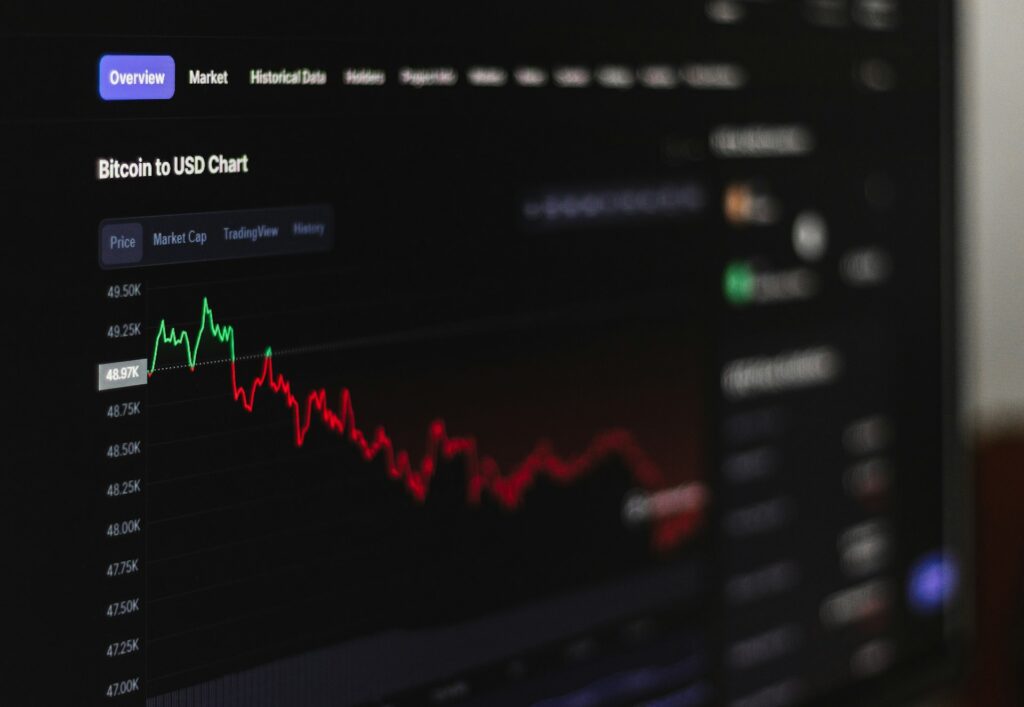As the popularity of cryptocurrencies continues to rise, so does the risk of falling victim to cyberattacks. Hackers are constantly devising new methods to exploit vulnerabilities in digital wallets, exchanges (the WazirX fiasco being a recent example), and even individual users!
Protecting your crypto assets from hackers is not just a matter of securing your investments; it’s essential for safeguarding your financial future.
With numerous high-profile hacks making headlines, it’s clear that a proactive approach is necessary. From choosing secure wallets to implementing two-factor authentication, adopting effective security practices can significantly reduce the likelihood of losing your assets to malicious actors.
How do I secure my crypto?
1. Use strong passwords and Two-Factor Authentication (2FA)
A strong, complex password combined with two-factor authentication (2FA) significantly reduces the risk of unauthorized access. Even if a hacker cracks your password, 2FA adds an extra layer of defense. Make sure to use hardware-based 2FA (e.g., Google Authenticator or YubiKey) for enhanced security.
2. Cold storage wallets for long-term holdings
A cold storage wallet (offline wallet) is the safest way to store your crypto. It keeps your private keys offline, away from the internet, making it immune to online hacks. Use a hardware wallet like Ledger or Trezor for long-term storage of large amounts.
3. Avoid public Wi-Fi for crypto transactions
Public WiFi networks are vulnerable to “man-in-the-middle” attacks where hackers intercept your data. Always use a secure, private network or VPN when accessing crypto wallets or making transactions.
4. Regularly back up wallet data
Ensure you back up your wallet’s private keys and seed phrases offline in a secure location. This ensures recovery in case of hardware failure or hacking.
5. Keep software up to date
Security patches are critical in closing vulnerabilities that hackers might exploit. Always keep your crypto wallet, trading apps, and devices updated to their latest software versions.
6. Recognize phishing and fake websites
Scammers often create websites that mimic legitimate crypto exchanges or wallets. Double-check URLs, avoid clicking on suspicious links and verify site authenticity before entering credentials.
7. Use a secure email for crypto accounts
Use a separate, secure email address for your crypto accounts. Enable email 2FA and avoid sharing this email in public forums to reduce the chances of phishing.
8. Beware of social engineering attacks
Hackers may pose as trusted sources or friends to trick you into sharing private keys or sensitive information. Stay cautious about any unsolicited requests related to your crypto holdings.
9. Monitor your accounts regularly
Keep a close eye on all your crypto transactions. Unusual activity, such as unauthorized withdrawals, may indicate your account has been compromised. React swiftly if anything seems suspicious.
10. Secure your seed phrase
Your seed phrase is the master key to your crypto wallet. Store it offline in a secure, fireproof location. Never share it online or store it in digital formats.
11. Use security tools
Leverage security tools to further enhance your protection:
- Ledger Nano X: A popular cold wallet for storing crypto offline.
- Metamask: A widely used crypto wallet with strong security features.
- ProtonVPN: A reliable VPN to secure internet connections while trading or accessing wallets.
- Efani: A SIM card provider offering encrypted mobile security to protect your phone from SIM swaps.
Securing your crypto assets is a crucial and ongoing effort in today’s digital landscape, where hackers are becoming increasingly sophisticated.
By implementing multi-factor authentication, regularly updating your wallets, and using secure hardware devices, many investors have successfully defended their holdings against numerous threats.
Past incidents have shown that proper security practices can prevent significant losses. For example, robust encryption and secure key management could have mitigated high-profile breaches like exchange hacks.
Employing these protective measures is essential to protect your crypto assets from hackers to ensure long-term security against potential attacks. And if you can’t ensure this and remain up-to-date with the latest trends in cybersecurity, it’s best to stay away from cryptocurrencies!

